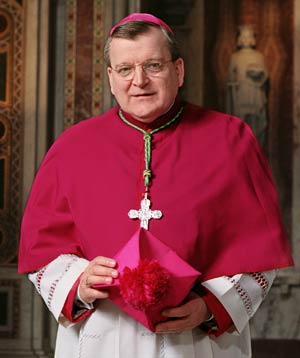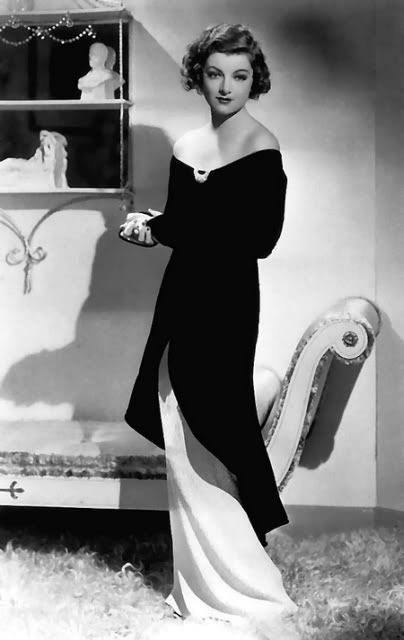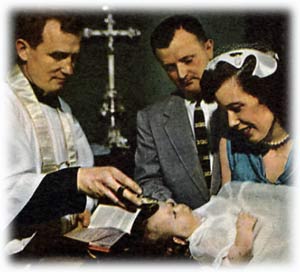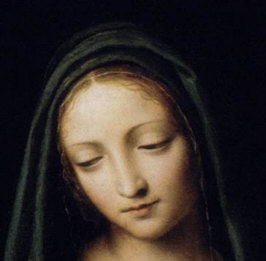The Mystery of Faith, by Fr. Tadeusz Dajczer
 Although books have been written on the objective presence of Jesus in the Eucharist, very few have been written on the personal dispositions of the faithful when receiving the Sacred Host. Father Tadeusz Dajczer, who received a Doctor of Divinity from the Pontifical Gregorian University in Rome and has taught at the Academy of Catholic Theology and the University of Cardinal Stefan Wyszynski in Warsaw, Poland, has attempted this in his little gem, The Mystery of Faith. A short and simple treatise on the love Our Lord bears us in the Eucharist, and how our own love and faith in return affect the graces we receive from the Host, this book is filled with profound insights and interior richness.
Although books have been written on the objective presence of Jesus in the Eucharist, very few have been written on the personal dispositions of the faithful when receiving the Sacred Host. Father Tadeusz Dajczer, who received a Doctor of Divinity from the Pontifical Gregorian University in Rome and has taught at the Academy of Catholic Theology and the University of Cardinal Stefan Wyszynski in Warsaw, Poland, has attempted this in his little gem, The Mystery of Faith. A short and simple treatise on the love Our Lord bears us in the Eucharist, and how our own love and faith in return affect the graces we receive from the Host, this book is filled with profound insights and interior richness.Some excerpts:
Fatima means much more than Marian apparitions. The extraordinary message included in Eucharistic visions is paramount, namely the big Host from which drops of blood are flowing down into the cup. The mighty Angel bows deeply before the Host, touches the ground with his forehead in deepest worship. His whole attitude expresses the most profound adoration. The children of Fatima, shaken by the force of God's presence, so intense that it almost consumes and annihilates them, receive God--the Body of Christ. The majestic might of God present in the Eucharist lasts for so long that their senses become as if suspended.The book's forward was written by Stanslaw Cardinal Dziwisz (private secretary to Pope John Paul II for forty years). It can be purchased at EucharisticRenewal.org for a mere 6 pounds 50, well worth the price.
As I realise all this, I'm speechless seeing the inadequacy of my adoration before God's grandeur coming down onto the altar. He who governs this world is actually present. He who is Alpha and Omega of human history wants to unite Himself with me in a measure that's beyond my normal capacity. This God adored by multitudes of angels comes to me as Love, the Redeeming One, the Eucharistic One to give me everything, to fulfill me abundantly. Infinity embracing finitude so that I, the very worldly I, become utterly fulfilled in and through this Eucharistic Love.











 So says
So says 
 Mon Cousin [M. le duc de Bauffremont],
Mon Cousin [M. le duc de Bauffremont],


 Our newborn received the sacrament of baptism this evening, on the feast of the Holy Name of Jesus. Our parish priest was gracious enough to confer the sacrament in the traditional (1962) rite at our request, though it's not his usual custom (not that we have anything against the new rite; we adore the rich prayers of exorcism in the old). Sausage #3 was positively swimming in her gown; apparently Protestants alone make baptismal gowns these days, as the smallest size we could find was for 6-9 months of age, and every informed Catholic knows his child should receive the sacrament
Our newborn received the sacrament of baptism this evening, on the feast of the Holy Name of Jesus. Our parish priest was gracious enough to confer the sacrament in the traditional (1962) rite at our request, though it's not his usual custom (not that we have anything against the new rite; we adore the rich prayers of exorcism in the old). Sausage #3 was positively swimming in her gown; apparently Protestants alone make baptismal gowns these days, as the smallest size we could find was for 6-9 months of age, and every informed Catholic knows his child should receive the sacrament  To a great extent the level of any civilization is the level of its womanhood. When a man loves a woman, he has to become worthy of her. The higher her virtue, the more her character, the more devoted she is to truth, justice, goodness, the more a man has to aspire to be worthy of her. The history of civilization could actually be written in terms of the level of its women.
To a great extent the level of any civilization is the level of its womanhood. When a man loves a woman, he has to become worthy of her. The higher her virtue, the more her character, the more devoted she is to truth, justice, goodness, the more a man has to aspire to be worthy of her. The history of civilization could actually be written in terms of the level of its women.

